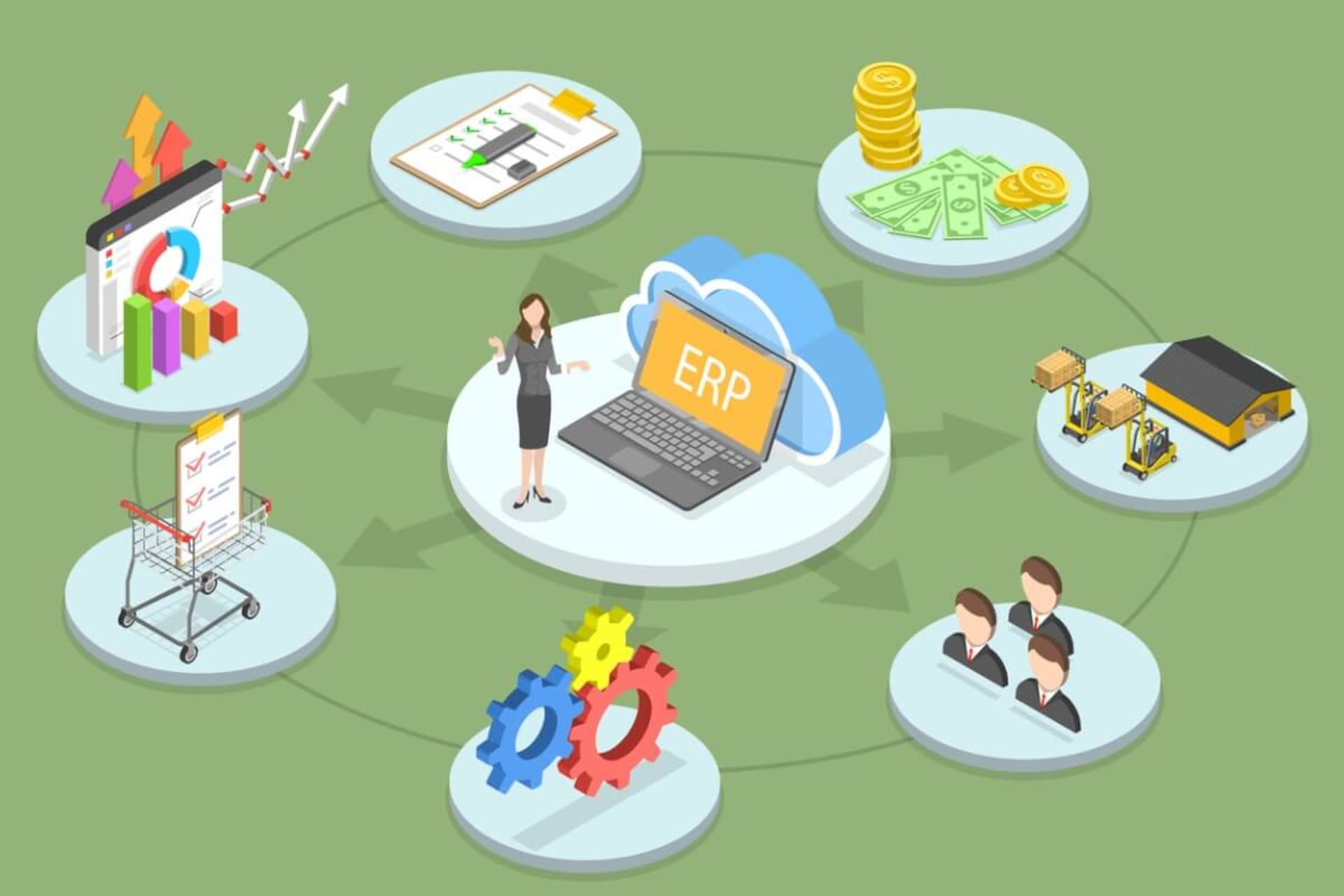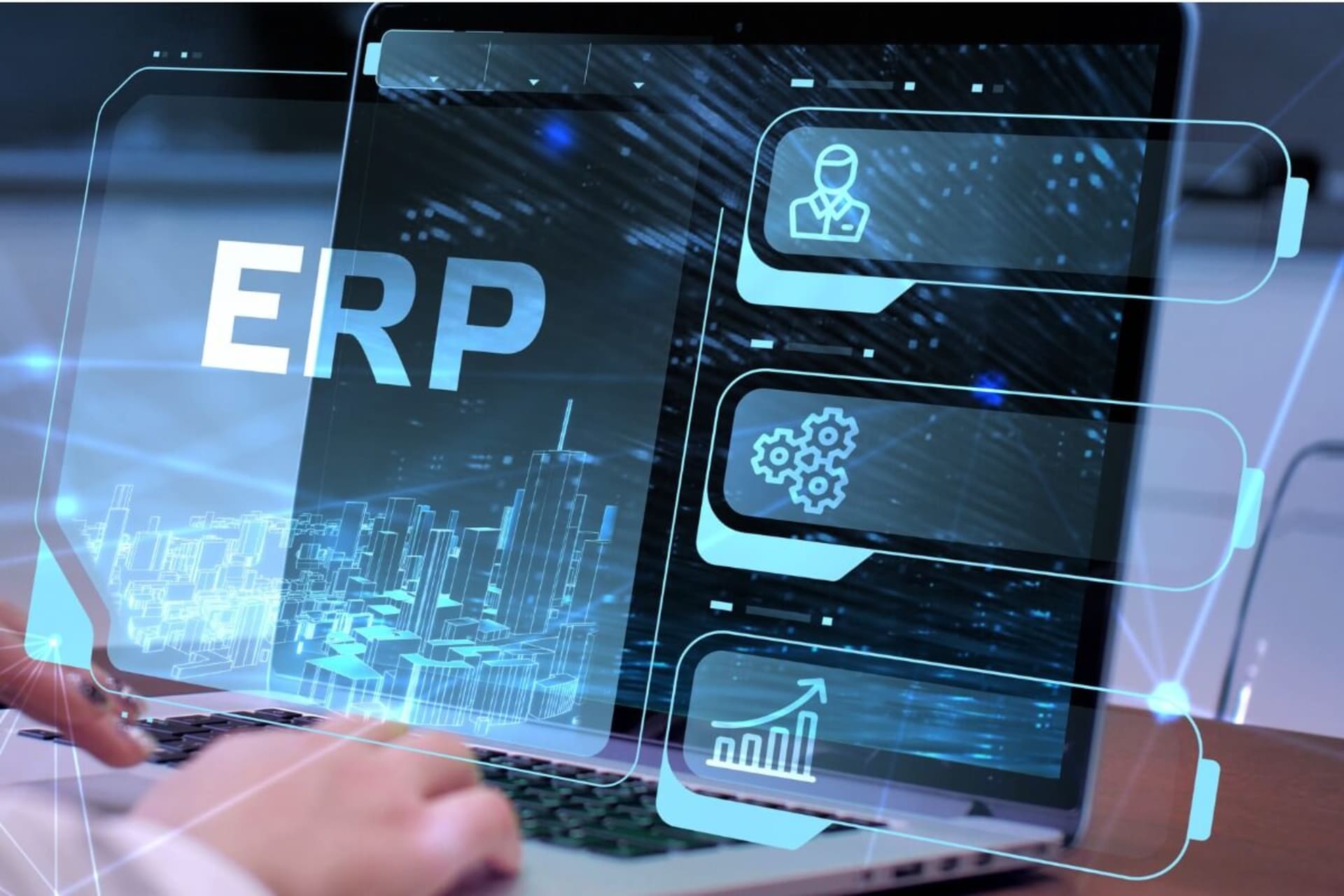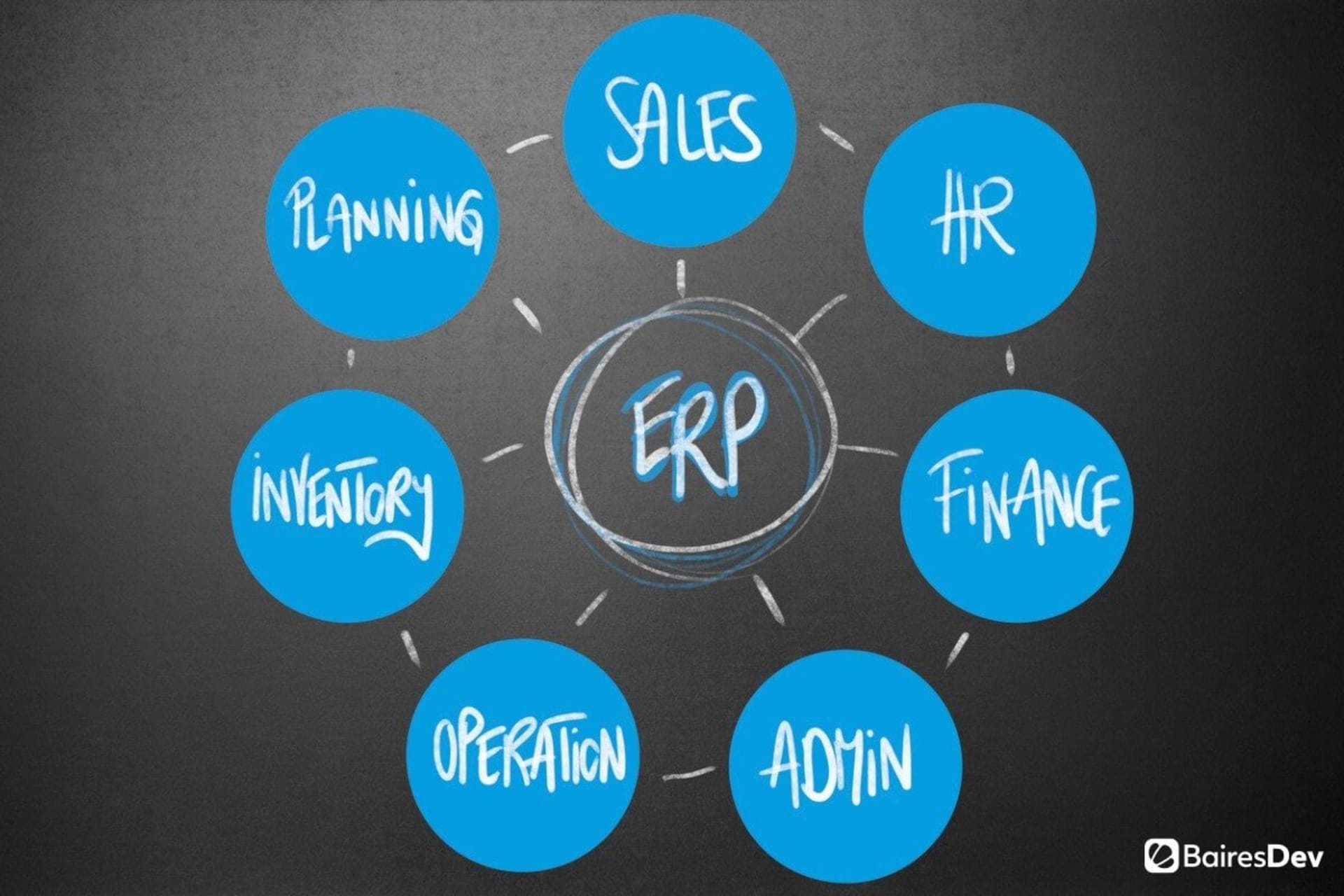Erp Development Company
Access the top 1% of LATAM tech talent within 2 weeks. Develop enterprise resource planning software that streamlines your efforts.
500+ companies rely on our top 1% tech talent.
ERP Development Services We Provide
Custom ERP System Development
Streamline workflows. Tap into data analytics. Improve decision-making. Custom ERP software development allows you to integrate business processes and functions into a single system.
We use tools like Node.js for server-side scripting, Angular or React for dynamic user interfaces, and MongoDB for robust and scalable database solutions. Through data modeling, system integration, and user interface design, we build tailored platforms for your entire enterprise.
ERP Implementation Services
Seamlessly connect your ERP system with other business applications to facilitate data flows across your organization.
Using middleware like Microsoft BizTalk Server, enterprise server buses, API management tools, data integration tools, and more, we connect your systems and create a unified operational environment.
ERP Mobile Applications Development
Create ERP apps that are accessible to team members on the go. Leveraging ERP mobile applications, users can tap into the data and functionalities of these platforms remotely and collaborate from anywhere.
Using native or cross-platform frameworks and other tools, our ERP developers incorporate features like push notifications, user-friendly interfaces, reporting and analytics tools, and more into apps for smartphones and tablets.
ERP Customization and Enhancement
Ensure your ERP software offers the right tools and functionalities for your business operations. Add new features or modify existing ones.
Our ERP software development services encompass customizations and enhancements. We use languages and tools like Java, SQL Server Management Studio, Postman, and more to facilitate everything from enhancing data analytics capabilities to automating specific processes.
Custom ERP Dashboards
Uncover insights, track key performance metrics, recognize patterns, and adapt to evolving market conditions. With custom ERP dashboards, you'll have access to real-time information to help you simplify operations, optimize resource distribution, and tackle obstacles proactively.
Leveraging business intelligence tools like Microsoft Power BI and Tableau, ERP-specific reporting tools like Oracle BI Publisher, data integration and ETL tools, and more, we build custom ERP dashboards that are secure, accessible, and scalable.
Compliance and Security Solutions for ERP
Your critical ERP software houses sensitive data. Keep your data safe from unauthorized access and compliant with industry and legal regulations and standards.
We use a combination of SIEM, IAM, encryption, DLP, compliance management, network security, vulnerability assessment, patch management, and other tools to detect and resolve weaknesses before they can be exploited. We also conduct security audits and adhere to secure coding standards.
ERP Migration Services
Modernize, scale, and keep your ERP systems secure. Migrating an ERP system is essential to keep the platform up-to-date, efficient, and secure.
Whether you're moving your ERP software to a new platform, scaling your system, or updating your infrastructure, our developers will help you migrate solutions. We use data migration tools like Informatica, ETL tools, database management tools, and more to facilitate your migration.
Cloud-Based ERP Solutions
Cloud-based ERP software leverages remote servers and internet connectivity to provide flexibility and accessibility. Users can access the system from anywhere with an internet connection, promoting collaboration and making remote work easier, in contrast to traditional, on-premises ERP software.
Cloud platforms like AWS and Microsoft Azure, along with languages and frameworks like Java, .NET, Python, and Node.js, help us build cloud-based ERP solutions that are scalable and secure.
Rolls Royce case study
Rolls Royce turned to BairesDev to develop an efficient, user-friendly mobile app. A two-week discovery process with the Rolls Royce product owner identified a comprehensive list of functionalities, data streams, and displays required to meet their clients’ expectations for a mobile SDS. Read the entire Rolls Royce case study.

Key Things to Know About ERP Development
Best Practices for ERP Development
Your business objectives will dictate what types of functionalities and features your ERP system needs and allow you to map out the development process.
Choose platforms like SAP or Oracle, considering which tools and technologies will fit in with your current tech stack. Remember that platforms can be customized or developed from the ground up.
Your platform should work in collaboration with your business processes and goals. The functions in your platform should complement and further your overarching objectives.
Ensure that you attain buy-in from your employees and stakeholders. Developing a change management plan helps ease the transition to a new or upgraded system.
This approach enables the system to grow as your business grows and changes, responding to new demands and technological advancements.
Building intuitive interfaces isn't just about aesthetics—it's also about creating an enjoyable and seamless experience for the user. Best practices include empathizing with users, conducting user testing, employing data visualization techniques, and utilizing an iterative process.
An agile approach facilitates strong collaboration and higher-quality results.
These types of testing help minimize instances of bugs and confirm the quality of your ERP application.
By implementing and leveraging cloud-based ERP solutions, users can access the platform from any location with an internet connection.
This is crucial for achieving seamless connectivity, data consistency, efficiency, flexibility, and scalability.
Protocols like TLS, SSL, AES, and PKI are critical for ensuring system security.
These standards are in place to protect users, employees, and other stakeholders. Stay abreast of the compliance guidelines and standards in any area in which your business operates.
This involves a methodical approach to transferring data to a new ERP system. Your strategy should account for data accuracy, consistency, and performance.
Your ERP system is only effective when your employees know how to use it. Conduct training sessions and create manuals to facilitate smooth implementation and user experiences.
Use application, database, ERP-specific, and user-experience performance monitoring tools to ensure that your ERP system runs efficiently and effectively.
New releases and updates contain updates, fixes, patches, and more. It's important to install upgrades to maintain a functional system that runs smoothly.
Continuous improvement depends on feedback from real users. The development cycle is ongoing.
Keeping thorough documentation allows you to better track your efforts and changes.
Why Choose BairesDev for ERP Development

Expertise
Since 2009, we have worked with 500+ businesses across industry sectors. Our top 1% of tech talent has extensive expertise and experience in ERP development, customization, enhancement, migration, and implementation.
Robust Security Measures
Security is our priority. We employ advanced data encryption techniques to preserve the integrity of your data. To ensure confidentiality, we utilize strict NDAs. We also conduct thorough security testing to identify and resolve vulnerabilities in your systems.
Diverse Range of Talent
Our tech professionals aren't limited to software and ERP developers. Through our rigorous vetting process, we onboard top QA engineers, UX/UI designers, DevOps engineers, and other tech talent.
Our process. Simple, seamless, streamlined.
During our first discussion, we'll delve into your business goals, budget, and timeline. This stage helps us gauge whether you’ll need a dedicated software development team or one of our other engagement models (staff augmentation or end-to-end software outsourcing).
We’ll formulate a detailed strategy that outlines our approach to backend development, aligned with your specific needs and chosen engagement model. Get a team of top 1% specialists working for you.
With the strategy in place and the team assembled, we'll commence work. As we navigate through the development phase, we commit to regularly updating you on the progress, keeping a close eye on vital metrics to ensure transparency and alignment with your goals.
Frequently Asked Questions
Custom ERP development services allow businesses to connect their systems, perform better data analysis, and streamline their operations. This leads to greater efficiency and a more cohesive enterprise.
Key features to look for in an ERP system include financial management, supply chain management, human resources, customer relationship management, analytics and reporting, and integration capabilities. The features you prioritize depend on your business requirements.
Some challenges in ERP development include integrating the new system with existing systems, ensuring data integrity, and confirming the software meets your business requirements. Building a custom ERP platform can help resolve these issues.
ERP development is constantly evolving. Some current trends in the field include cloud-based solutions, mobile accessibility, incorporating AI and machine learning, and an increased focus on the user experience.
We implement robust security measures in your ERP system, including role-based access controls, and data encryption. We also perform regular security audits, comply with industry standards, and conduct robust backup and recovery procedures.
Yes, most ERP software is designed specifically for seamless integration with other tools, including CRM software, e-commerce systems, and third-party applications. This is especially true when you leverage custom ERP software solutions, which are designed for your business and its requirements.
How Businesses Can Overcome the Software Development Shortage
BairesDev Ranked as one of the Fastest-Growing Companies in the US by Inc. 5000

See how we can help.Schedule a Call










